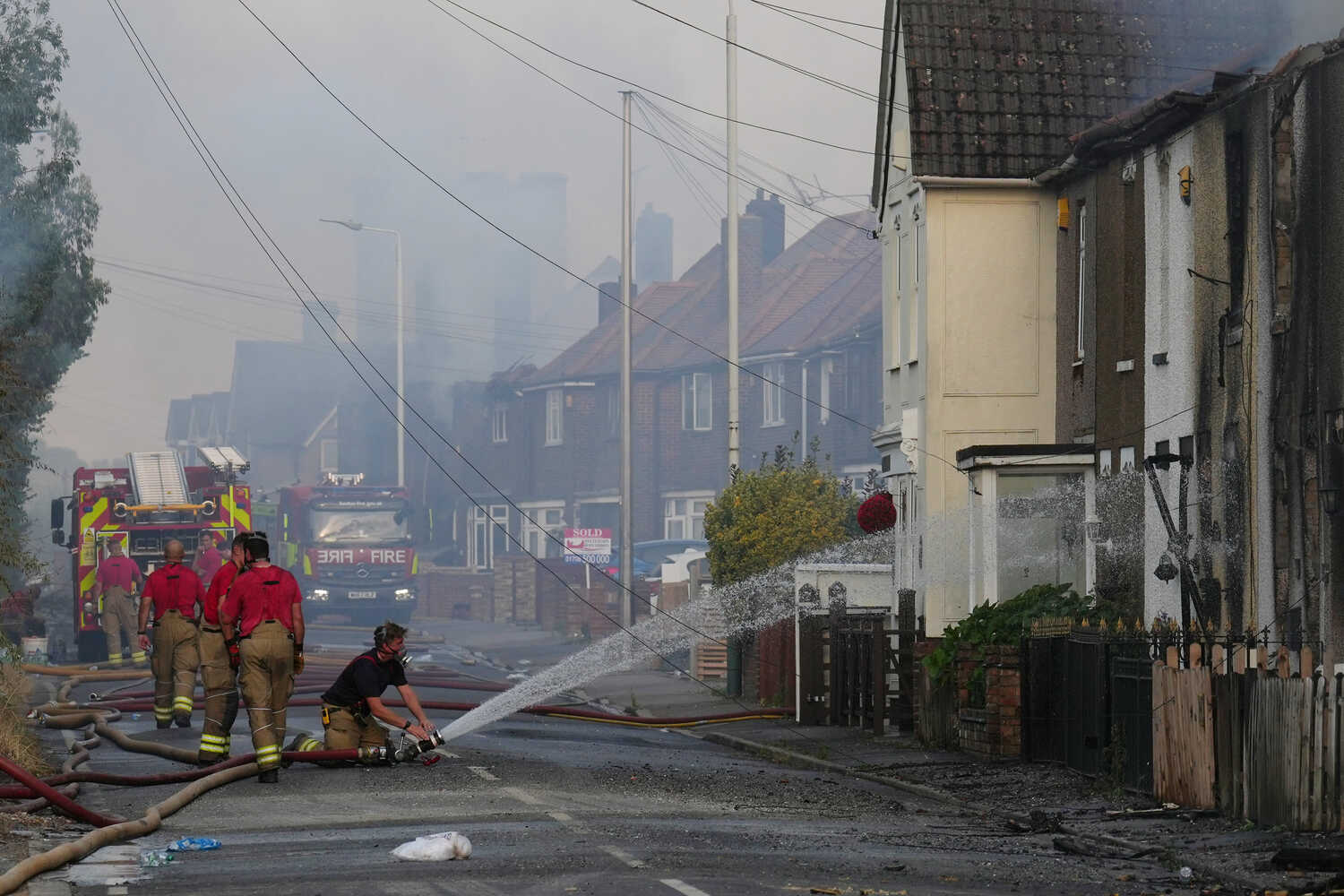Temperatures in the UK reached a new high for 2024, with 34.8C recorded in Cambridge on Monday, surpassing the previous record of 32C from July. The Met Office noted that while such high temperatures have only been recorded 11 times since the 1960s, six of those occurrences have happened within the past decade, highlighting the growing impact of the climate crisis. The frequency of such extreme heat events has increased dramatically, with eight of the hottest years occurring since 2000.
In response to the heat, public health agencies and meteorologists have offered advice to help people cope. The UK Health Security Agency issued a yellow heat health alert for several regions, including London and the Midlands, which will remain in place until Wednesday morning.
Recommendations include keeping curtains closed during peak sunlight hours and staying hydrated. The RAC also urged motorists to check their vehicles’ coolant and oil levels to avoid breakdowns, as cars are more likely to overheat in such extreme temperatures.

UK Heatwave Sets New Record Amid Growing Climate Concerns
The Met Office forecaster Craig Snell mentioned that central-eastern England will feel particularly uncomfortable due to the combination of heat and humidity. While temperatures across the UK are elevated, the hottest conditions are expected to concentrate in the eastern regions.
This heatwave is linked to a disturbance in the jet stream caused by Tropical Storm Debby in the United States, which has pushed hot air northwards towards the UK. However, relief is expected by midweek, with temperatures predicted to return to seasonal norms.
The severe heat has also led to tragedy, with a two-year-old boy drowning in a canal in Wolverhampton during the weekend. Despite efforts by emergency crews, the child could not be saved.
The ongoing heat has prompted charities like Age UK to urge vulnerable groups, particularly the elderly and those with health conditions, to prioritize their well-being. Caroline Abrahams from Age UK emphasized that older people may struggle more in extreme heat and should take extra precautions to stay cool and safe.
This heatwave follows the UK’s hottest day ever recorded, which took place in July 2022 when temperatures soared to 40.3C in Coningsby, Lincolnshire. Monday’s sweltering conditions have sparked renewed concerns about climate change and its increasingly dangerous impact on weather patterns, with the public urged to exercise caution and prioritize their health during extreme heat events.
